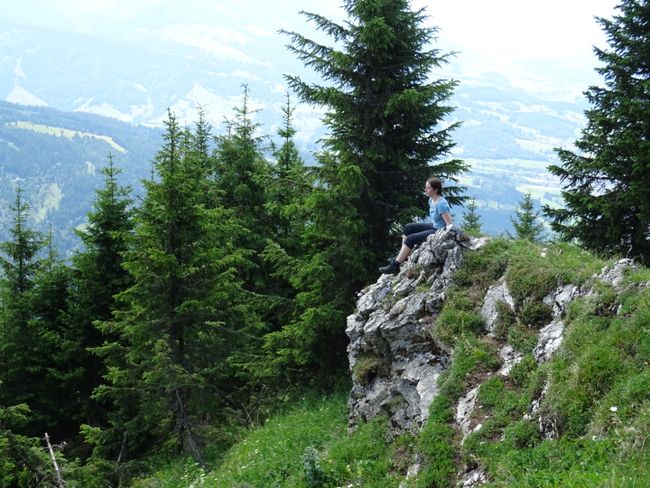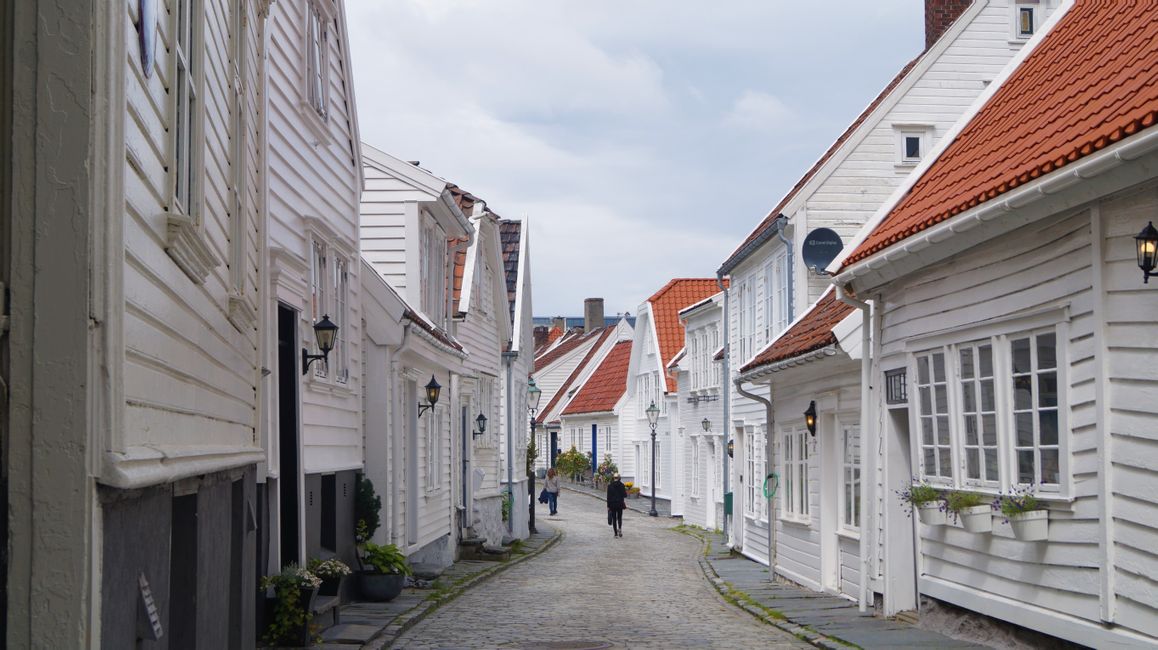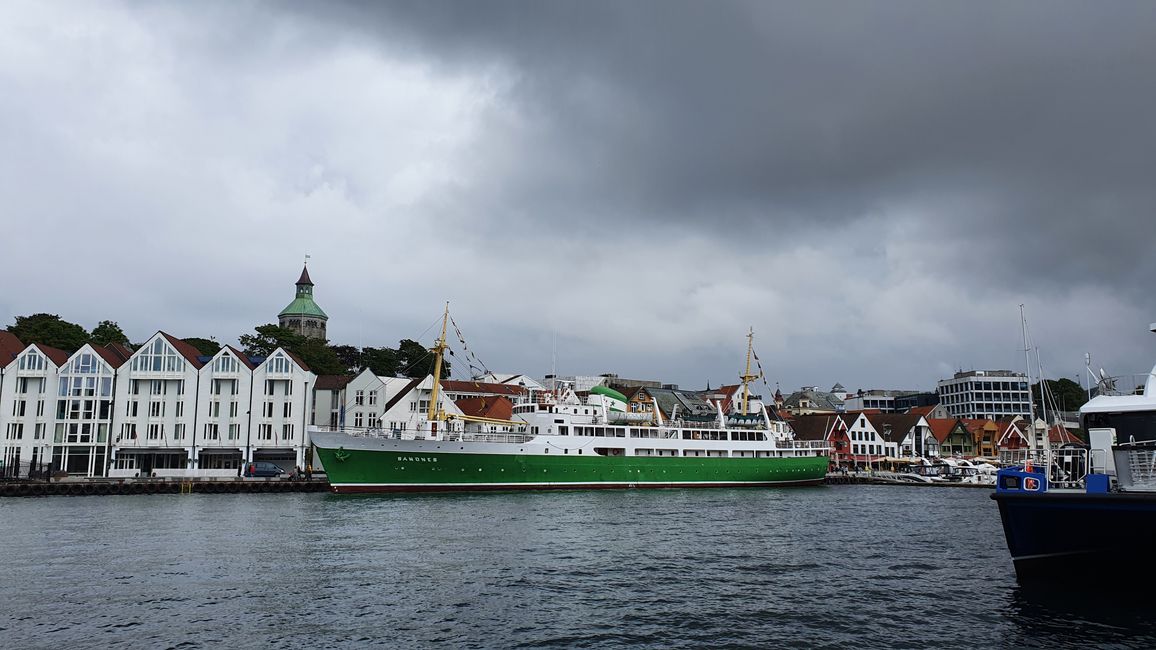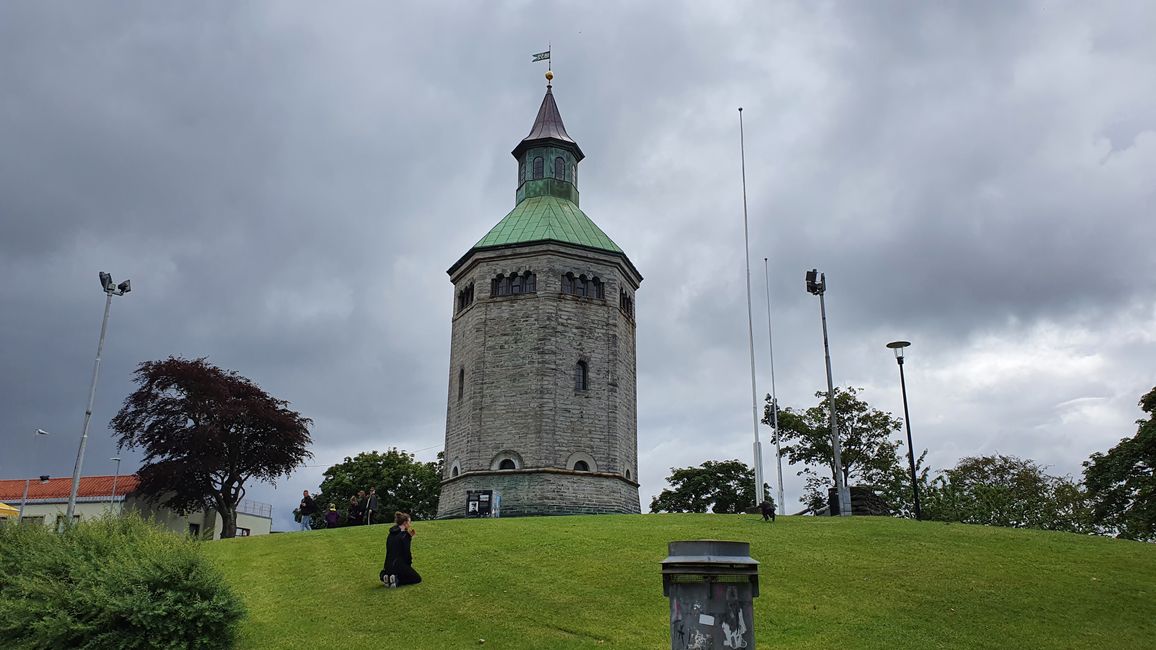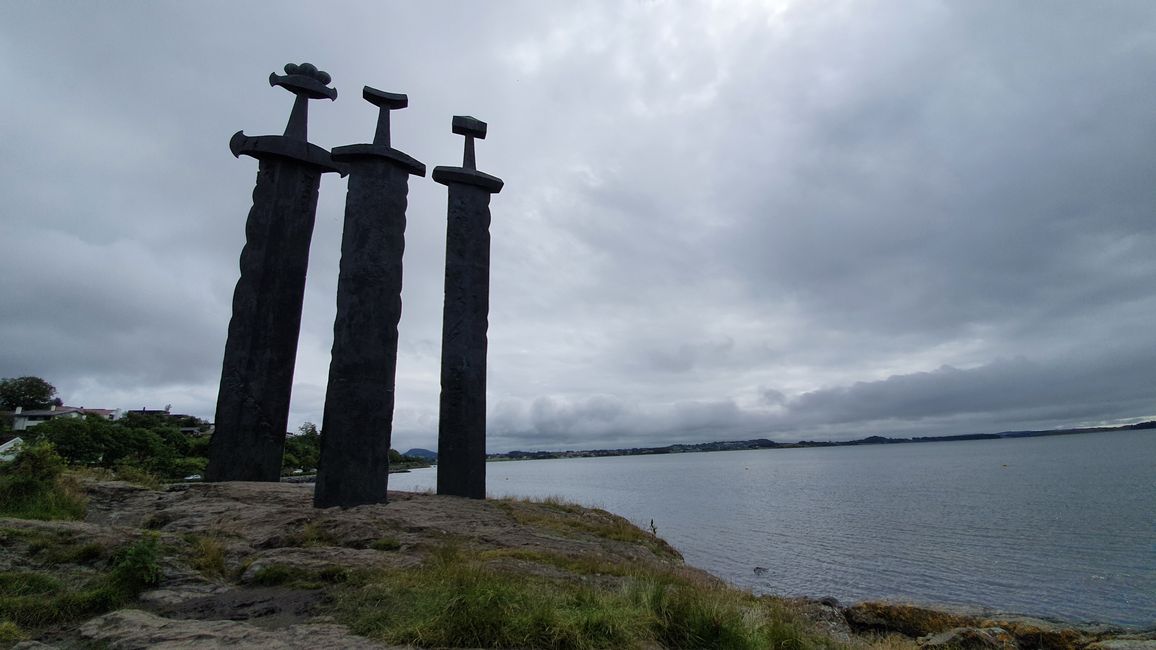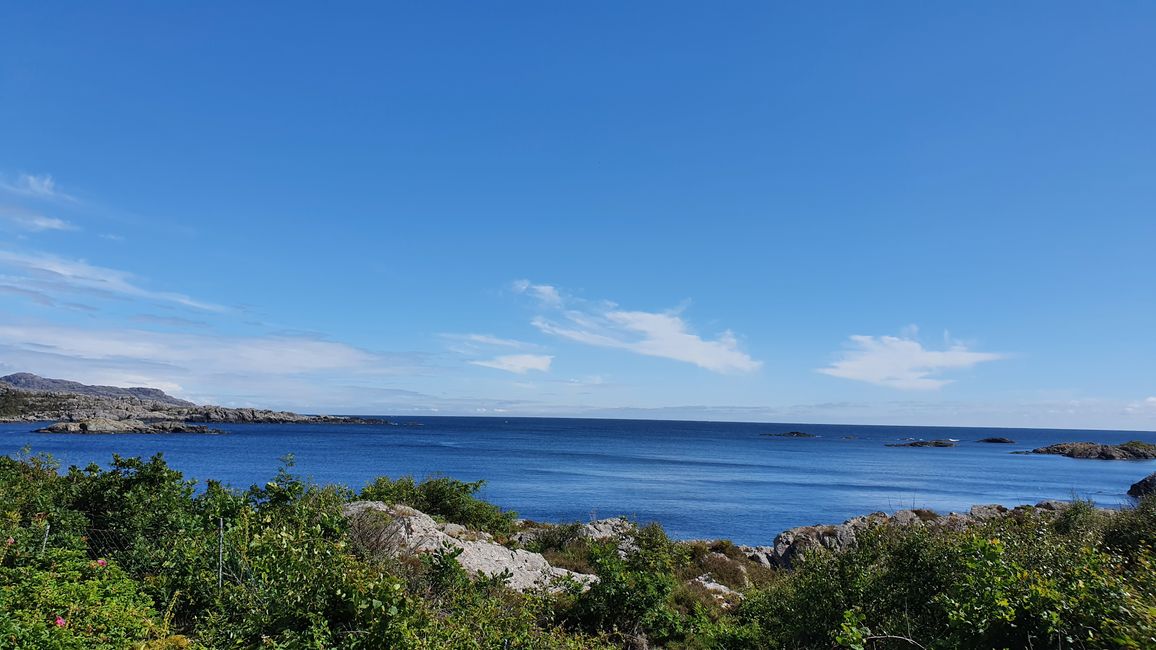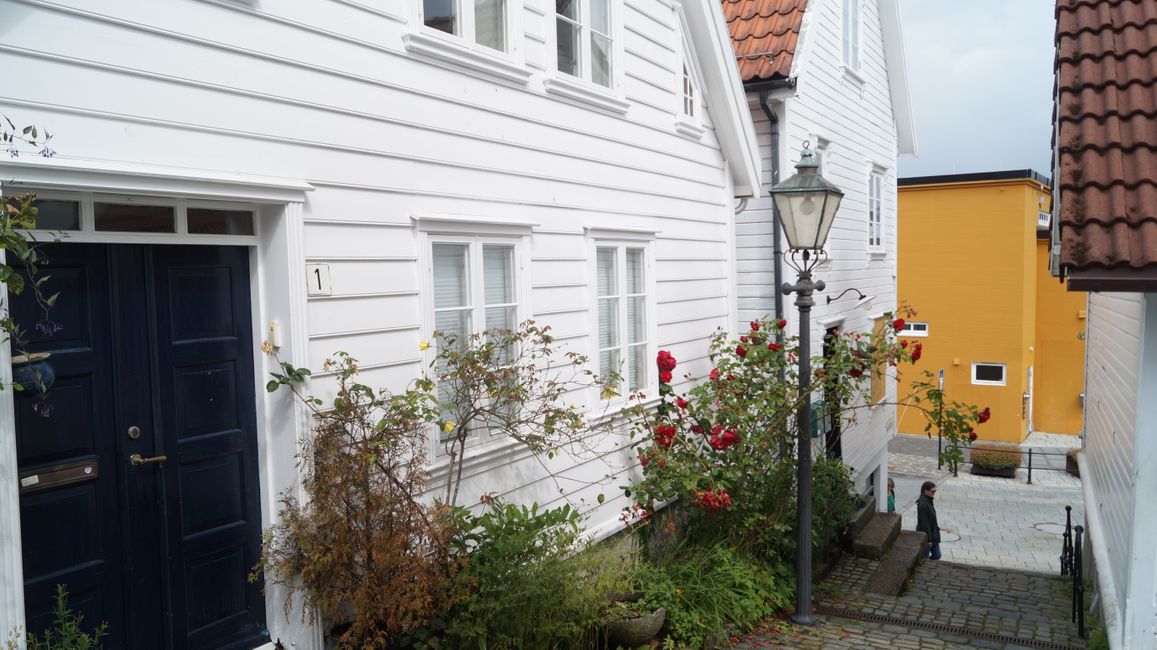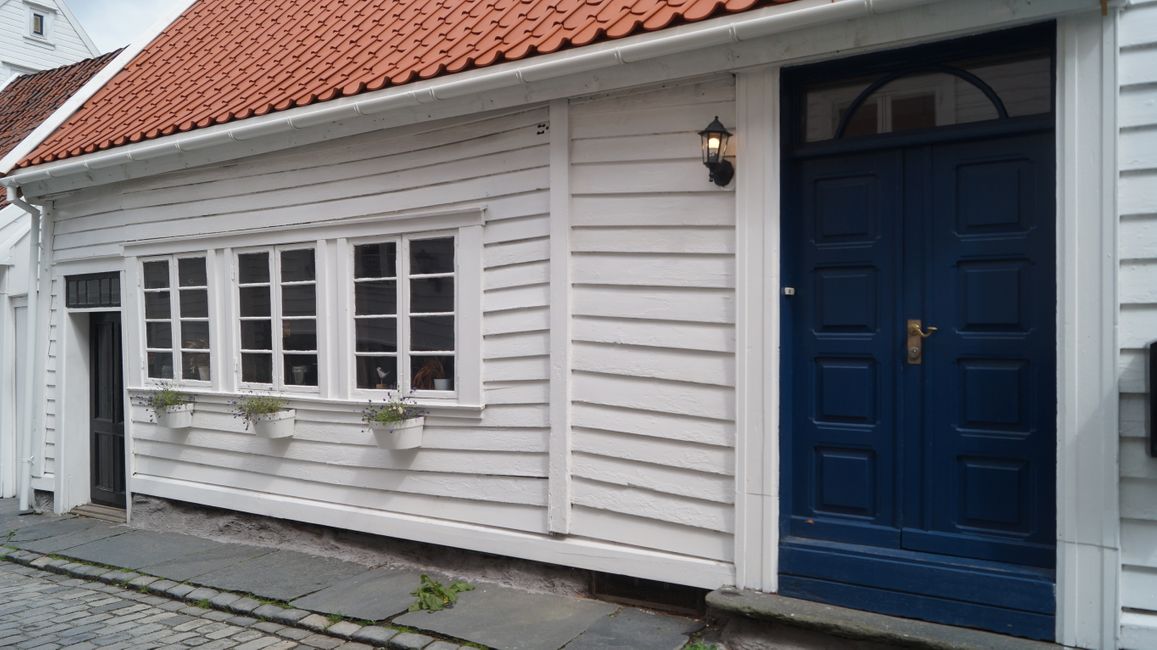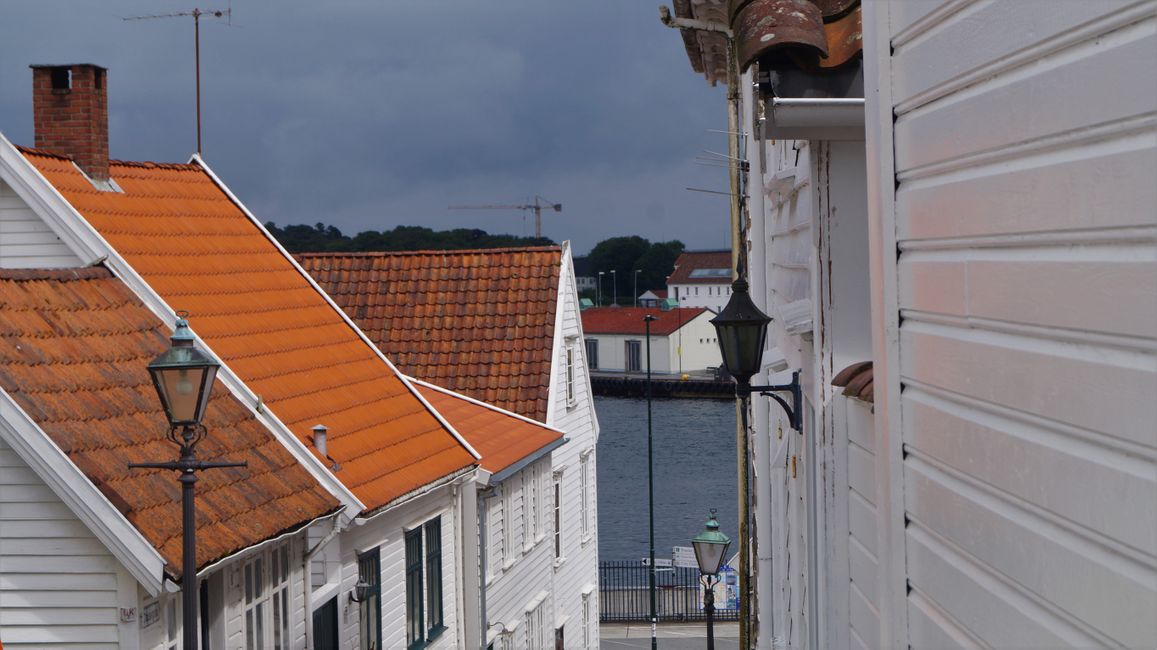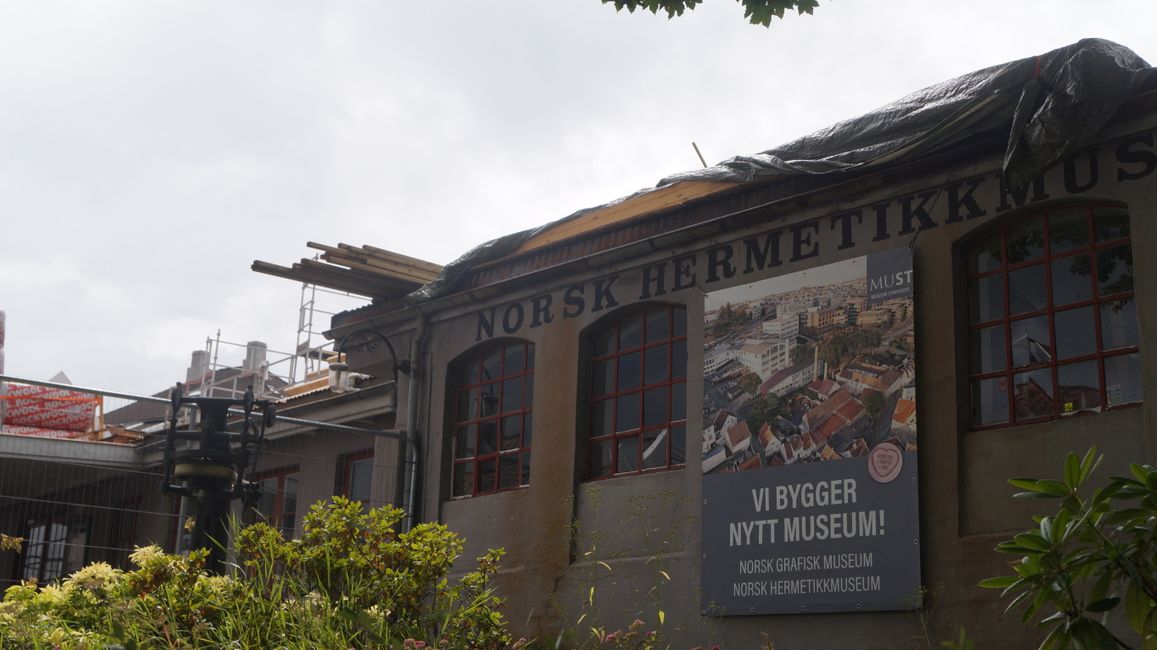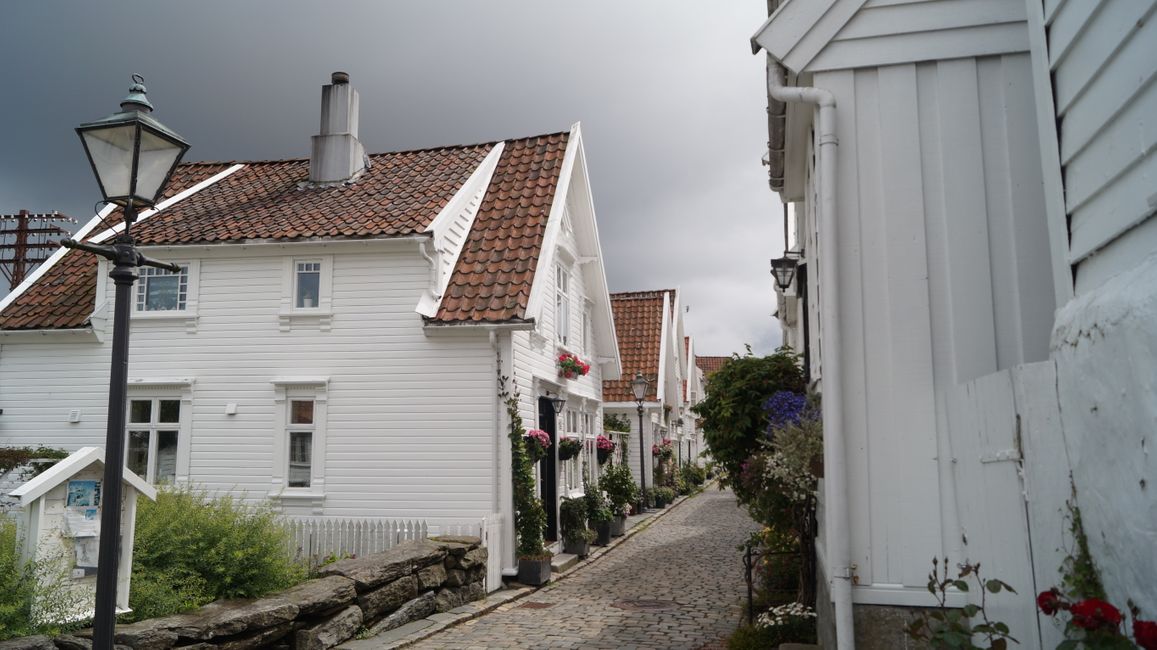Stavanger - the oil capital
ప్రచురించబడింది: 22.07.2020
వార్తాలేఖకు సభ్యత్వాన్ని పొందండి
Stavanger
In Stavanger, I wanted to visit the canning museum, but it was under renovation.

So, I took a walk through the "Gamle Stavanger", where the old wooden houses lined the narrow alleys and with the help of red roses, blue windowsills, and old gas lamps, created a unique atmosphere.
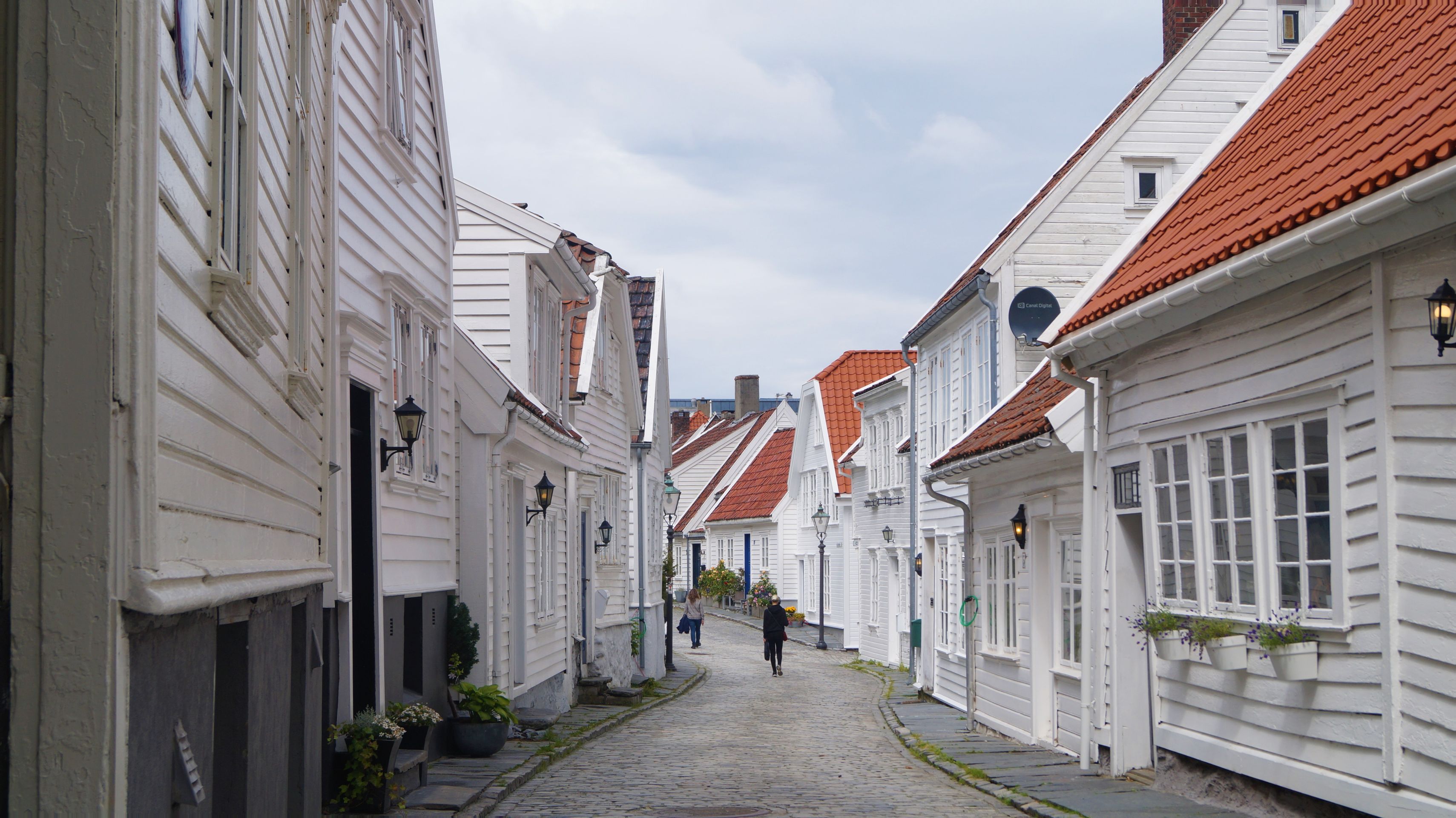




There wasn't much more to see in Stavanger, and a rain front was approaching, so I continued my journey. Here are some more information about the city.
When oil was discovered in the North Sea in Christmas '69, Norway's rise began, especially Stavanger's rise. The boom made it one of the richest but also most expensive cities in the country. And the picturesque district "Gamle Stavanger" was not always like this. For a long time, the now 170 listed houses were left to decay until a project renovated them in 1975, and today, one can still visit the 18th and 19th-century houses. Why is there a canning museum in Stavanger? From 1880 to 1920, this was Stavanger's main economic sector. Everything, from salting, smoking, packaging, and sealing, was done by hand. There were about 50 canning factories, and two-thirds of the population were dependent on sardines accordingly.


Sverd i Fjell
Just outside of Stavanger, there is a large statue of three swords in the rock. According to legend, Harald Hårfagre defeated the army of petty kings at Hafrsfjord in 872, laying the foundation for national unity. In remembrance of this event, this monument was erected.
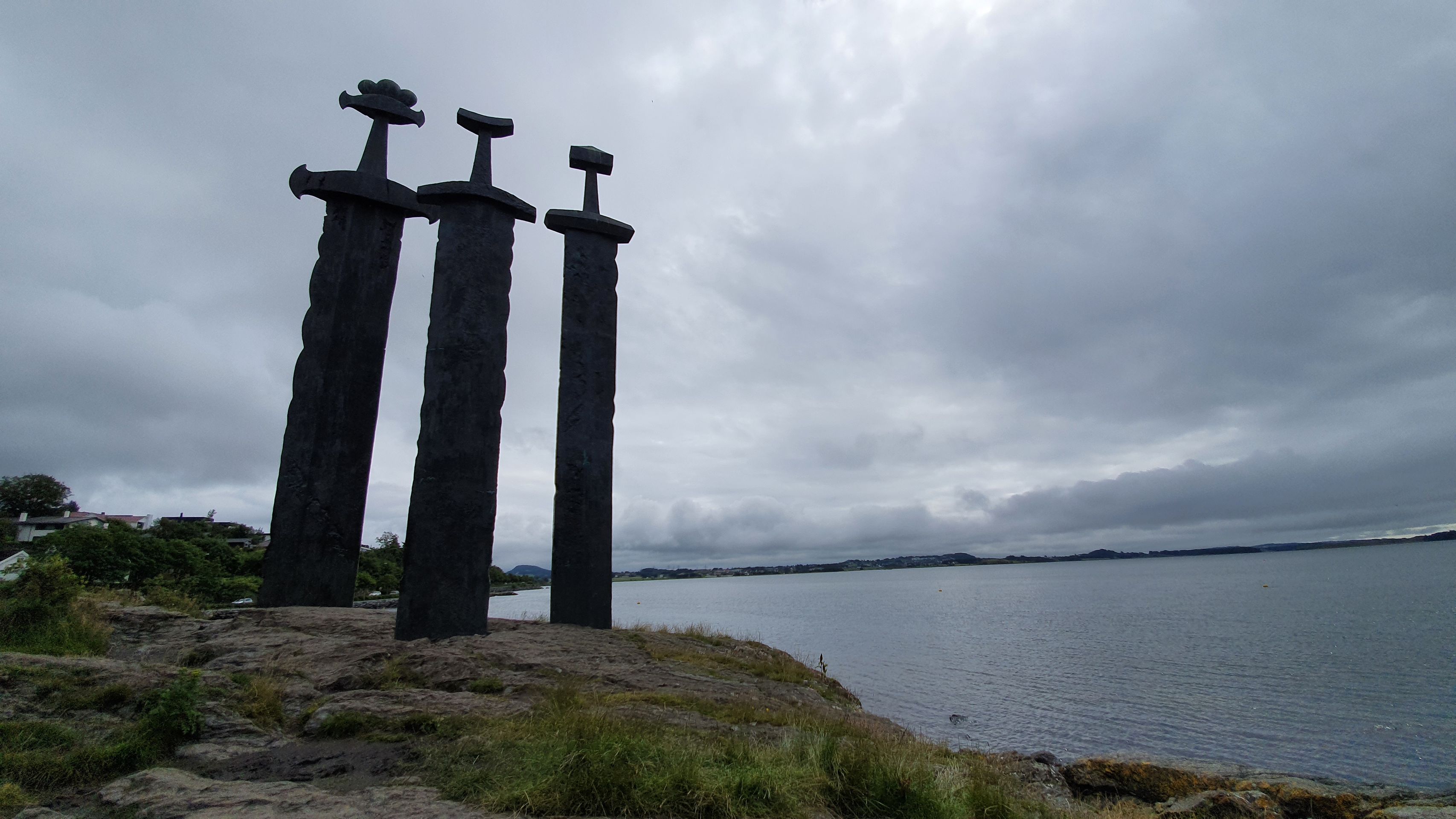

వార్తాలేఖకు సభ్యత్వాన్ని పొందండి
సమాధానం

నార్వే ప్రయాణ నివేదికలు

